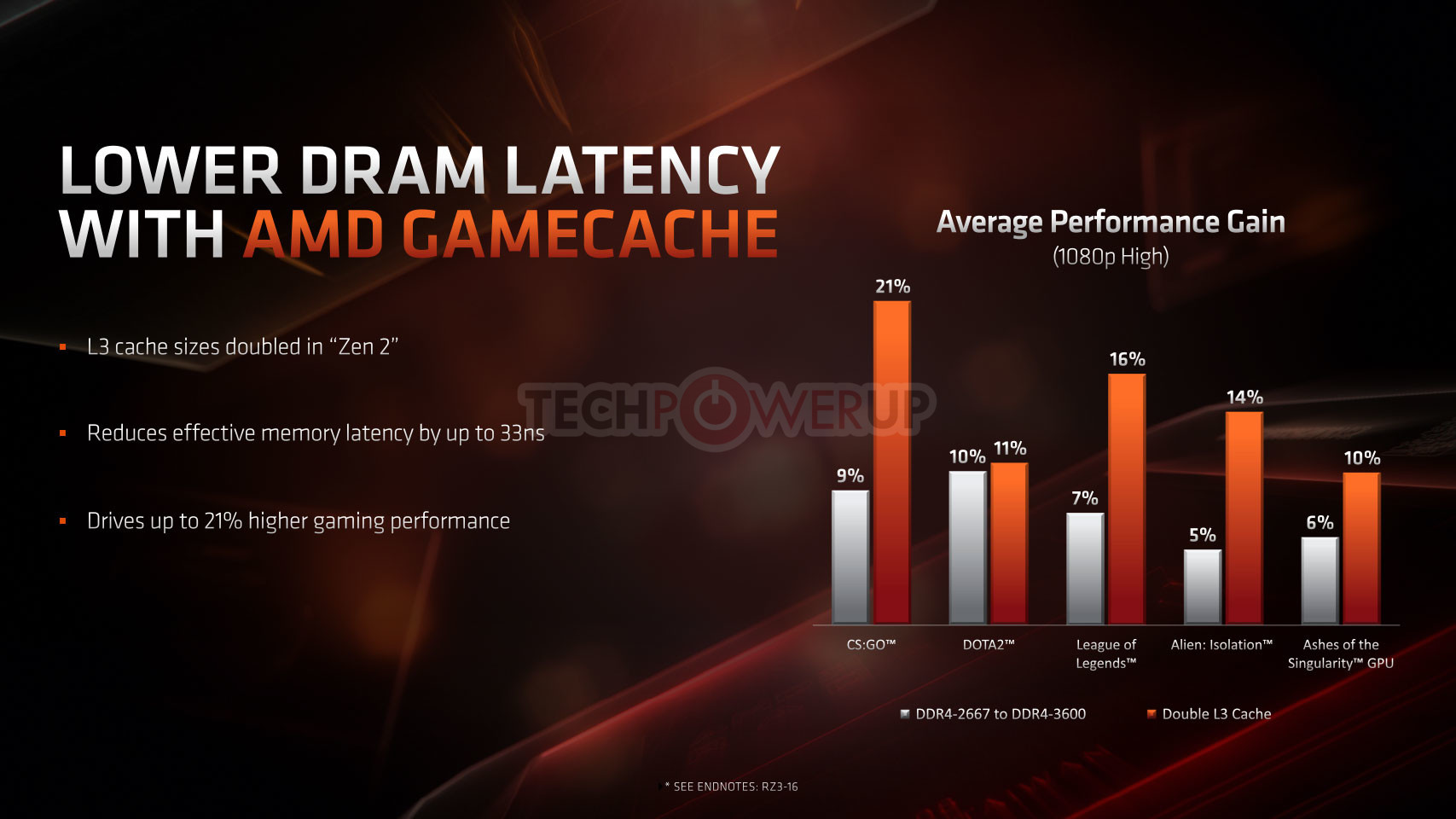Finally! a 3800X review. Looks like Tom's Hardware posted it. today
https://www.tomshardware.com/reviews/amd-ryzen-7-3800x-review,6226.html
That being said, From what I can see... Basically, its just spending money for so little gains compared to a 3700X w/ PBO & AutoOC
Honestly doesn't look worth it at all. Rather save that $ to put into something else in the build.
https://www.tomshardware.com/reviews/amd-ryzen-7-3800x-review,6226.html
That being said, From what I can see... Basically, its just spending money for so little gains compared to a 3700X w/ PBO & AutoOC
Honestly doesn't look worth it at all. Rather save that $ to put into something else in the build.
Last edited:
![[H]ard|Forum](/styles/hardforum/xenforo/logo_dark.png)
